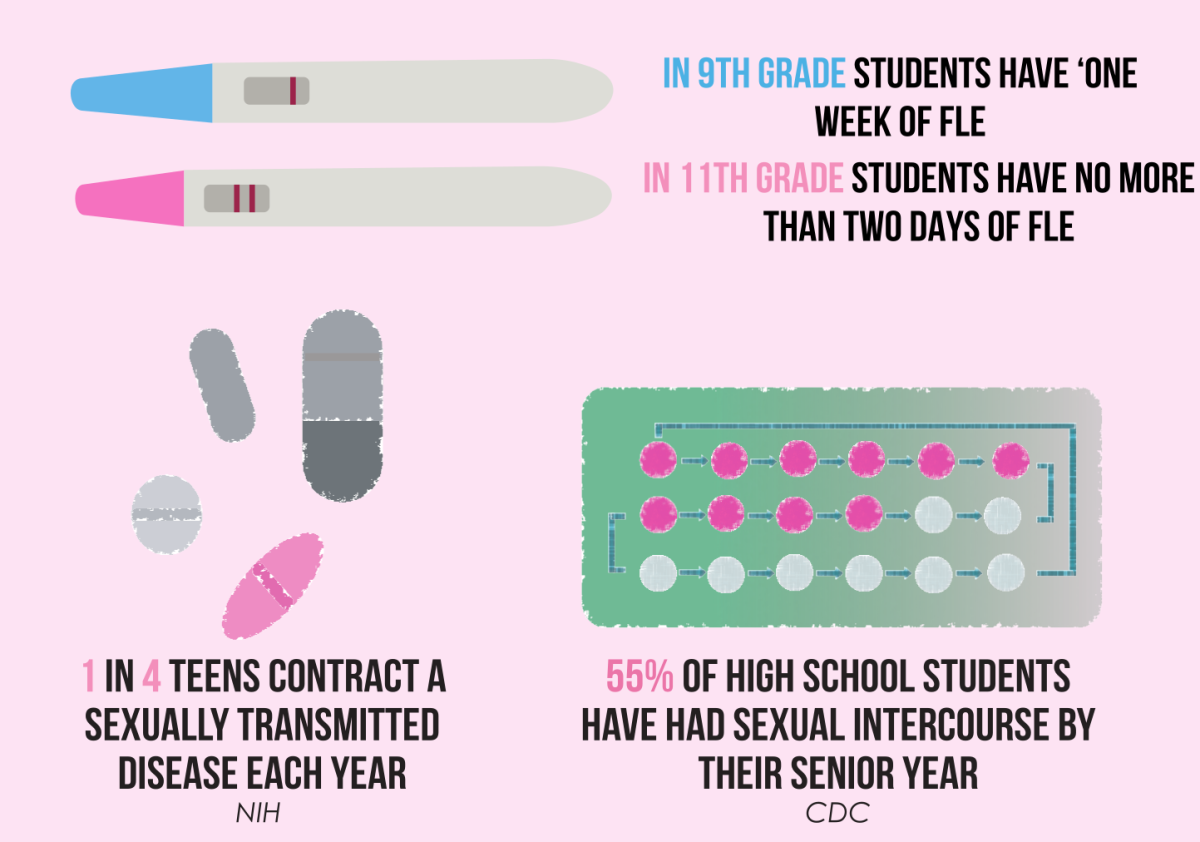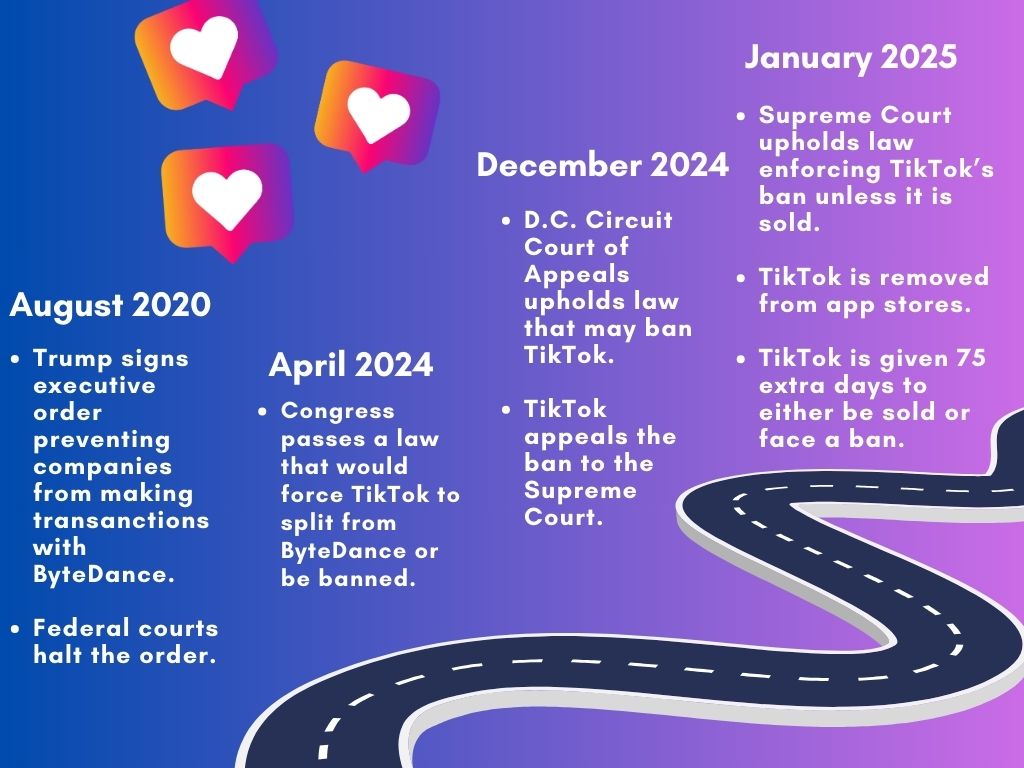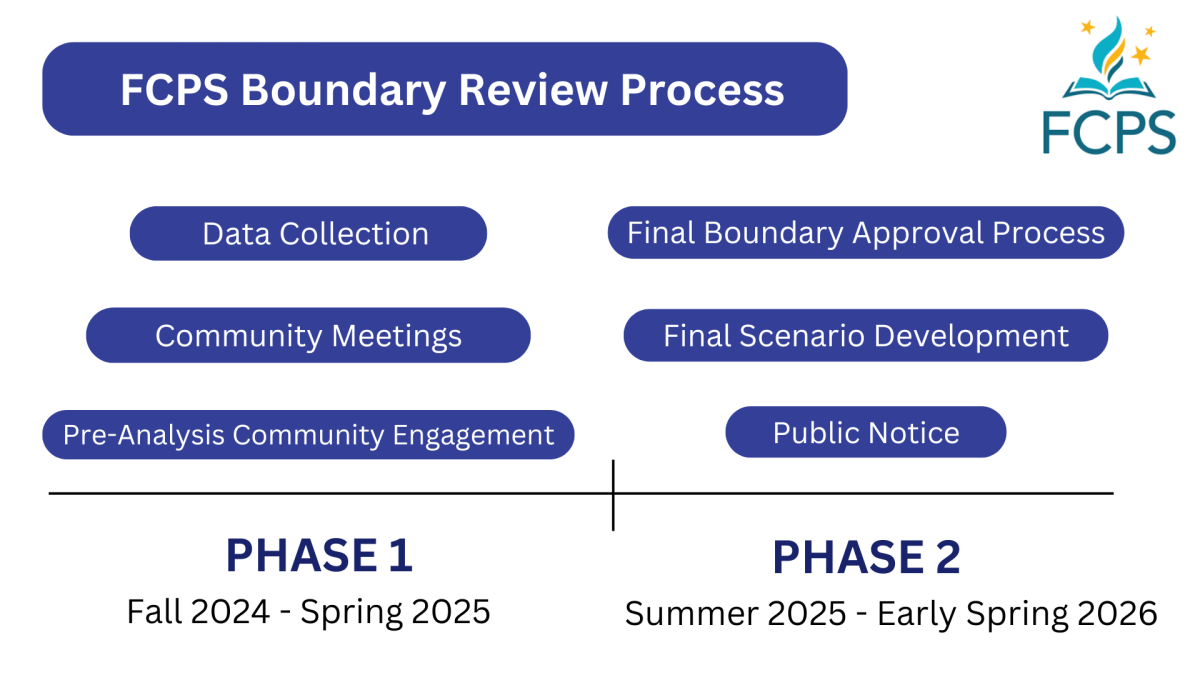Due to limited sex education, with only one week in 9th grade and two days in 11th grade, 1 in 4 teens contract an STD each year (NIH), and 55% of high school seniors have had sexual intercourse (CDC).
The recent FDA approval of the first nonprescription daily oral contraceptive, popularly known as Opill, has sparked discussions on the importance of educating high school students on accessible contraceptives. The issue of limited or brief sex education can lead to larger interferences within student lives, such as sexually transmitted infections and teen pregnancies. In order to prevent students from facing these issues, it is crucial for FCPS to thoroughly address contraceptive education within sex education programs.
FCPS’s current sex ed system, known as Family Life Education (FLE), provides four consecutive years of sex ed throughout high school. However, most of the lessons reiterate what has been taught to students since fifth grade.
During these lessons, students at most spend one class period per year covering the issue of contraceptives. For students in grades 11 and 12, all of FLE is reduced to a 90-minute conversation.
“The lesson on contraceptives is good, but it [should be] more than a one-day conversation,” FLE instructor Marissa Gaines said.
While contraceptives are mentioned, the curriculum plan states that abstinence is to be emphasized as the most effective in preventing unintended pregnancies and STIs. Although abstinence is a valid method of contraception, this part of the FLE course sets the unrealistic expectation that students will not engage in sexual activities. FCPS should ensure students have access to extensive information and resources to make responsible choices regarding their sexual health while considering that students will likely have sex throughout their lives.
“[Vague conversations] about contraceptives can negatively impact quality of life due to unplanned pregnancy and untreated menstrual cycle dysfunction,” Annandale adolescent Gynecologist Dr. Chimsom Oleka said. “For example, [painful periods] are responsible for a significant loss in earnings and diminished quality of life. Birth control is a common, evidence-based and effective way to manage painful periods and restore quality of life.”
Although there is a possibility students will not be receptive to extended sex education regardless of the set program, it is necessary for FCPS to ensure thorough contraceptive education is provided. Research conducted by the Proceedings of the National Academy of Sciences of the United States of America journal indicates that sex education programs which equally emphasize abstinence and contraception are more effective in reducing rates of unintended pregnancies compared to programs which emphasize or solely cover abstinence.
“Students are receptive [to contraceptive education]. Although it may be an uncomfortable topic for some students to talk about, they usually do want to be better educated on the topic,” Gaines said. “Students feel more comfortable talking about contraceptives in school, rather than with a parent. It is their chance to get their questions answered.”
By providing students with extensive information about contraceptive options, FCPS can encourage them to make responsible choices about their sexual health.
“Talking about the use of contraceptives both for pregnancy prevention and menstrual cycle dysfunction can equip high school students with the knowledge needed to detect false information related to reproductive health, make informed decisions for their own personal reproductive health and feel empowered while doing so,” Oleka said, “Statistically, this actually leads to less risky behavior and better decision making.”
In light of recent advancements in contraceptive technology, it’s crucial for FLE to stay up-to-date with the latest information and resources available. This includes educating students about new contraceptive options and providing them with elaborate information about their efficacy, potential side effects and accessibility.
“Early education about contraceptives equips individuals with the knowledge they need to make informed decisions. The ability to make informed decisions about your personal reproductive health will always positively impact reproductive health, long-term,” Oleka said.
Integrating greater contraceptive education into FLE can play a vital role in reducing the stigma surrounding contraception and in fostering open communication about sexual health among students.
Categories:
Expand family-life education
FLE curriculum fails to adequately cover contraceptive use
Due to limited sex education, with only one week in 9th grade and two days in 11th grade, 1 in 4 teens contract an STD each year (NIH), and 55% of high school seniors have had sexual intercourse (CDC).
Donate to The Highlander
$335
$1000
Contributed
Our Goal
Your donation supports the McLean High School's independent, award-winning news publication.
More to Discover

















